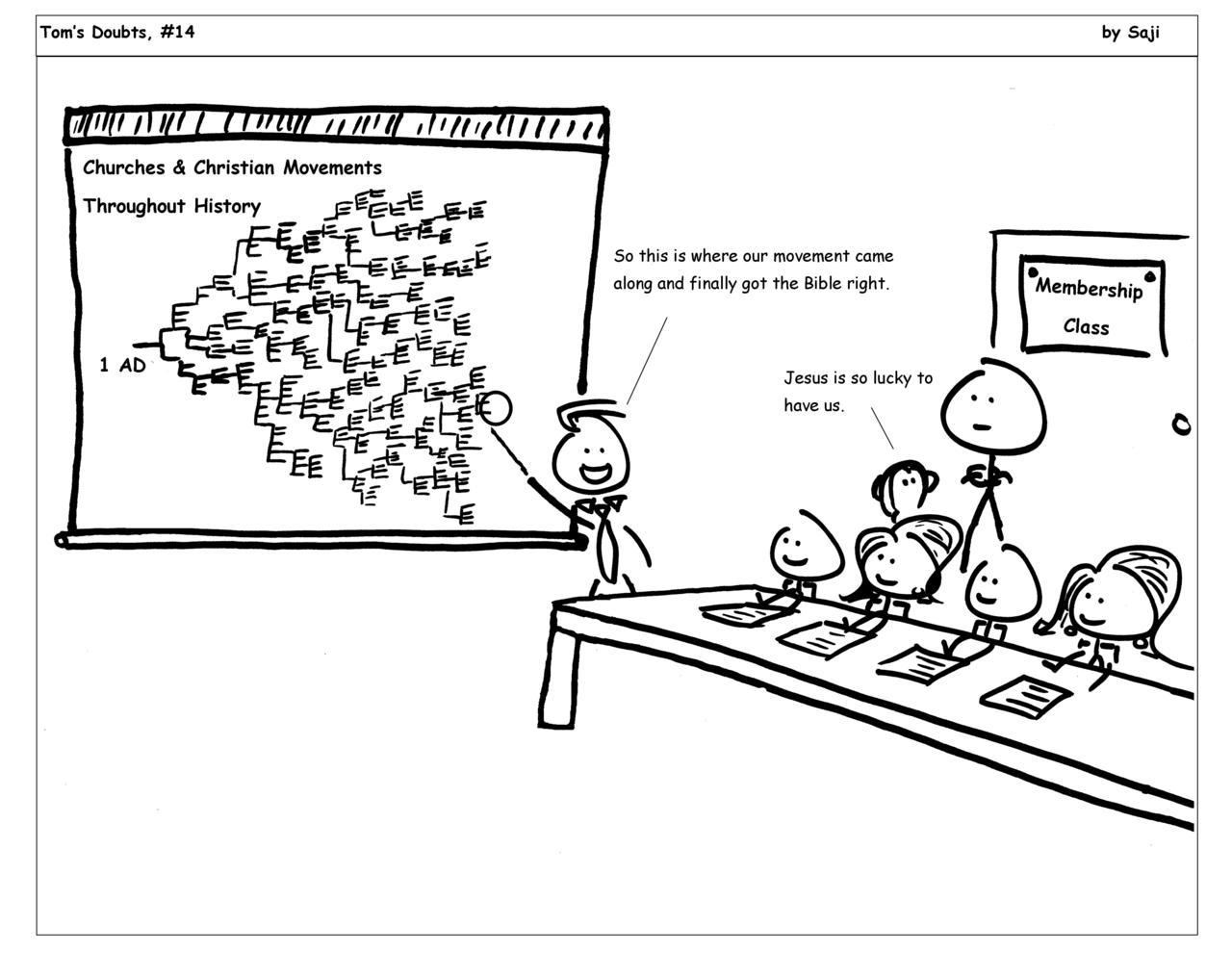Most protestants take issue with the idea that the Pope is infallible when he gives official teachings on faith and morals.
Yet most protestants have no issue with the idea that the writers of our Bible where infallible while they were writing their specific books.
But isn't that pretty much the same belief?
Add to that the fact that we don't even know who some of the authors were. But we are pretty sure they wrote with 100% accuracy on matters of history, science, morals, doctrines, and faith.
I should mention, before some of you judge me. There is NOT a specific verse or passage of Scripture I am trying to ignore. I am NOT questioning this because I don't want to believe what the Bible says. I actually hope it is 100% accurate.
I just don't see the Bible teaching that its' authors were infallible, even while they wrote.
So here is the dilemma that I see:
- It doesn't seem Jesus made an effort to write a book for us.
- The Bible does not claim "This collection of 66 books is written by God, it is 100% fact."
- The western (catholic) church of the 4th century helped put together our New Testament canon.
- At some point after the 4th century some Christian tradition made the claim that these 66 books are infallible.
- If you believe those who made this claim were infallible, then yes you must believe in the infallibility of the Bible.
- If you question the infallibility of these church leaders, you are free to question the infallibility of the Bible.
I believe there is a difference between being inspired and being infallible. God can speak through someone without making that person perfect. God can also speak through the Scriptures even if they are not perfect.
God can even speak through you and I, yes, even though we are not perfect.
So all of this may be wrong. The pope may be infallible. I'd love it if the Bible was infallible. But I sure felt inspired to write about it this. I trust God will still speak to you either way. :)
Related Posts:




